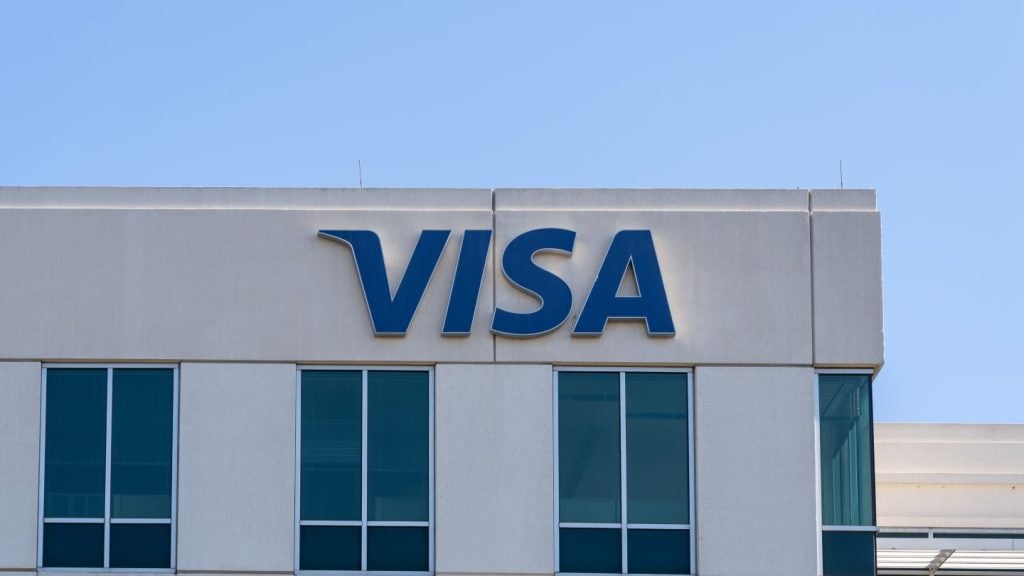
Earlier this year, Russian Standard Bank (RSB) hit the headlines for the wrong reasons. In April, owner Roustam Tariko was accused of defaulting on Eurobonds for a second time. What does this mean for the bank’s reputation? Evie Rusman speaks to Alexey Sanaev, chief financial analyst at Finam
As a result of Tariko’s actions, international bondholders are planning to claim the 49% stake in Russian Standard that was placed as collateral on the loan.
The conflict began in 2017 when Tariko, who is also founder of Russian Standard Vodka, defaulted on a Eurobond payment, amounting to more than $400m. So, what is the latest? Speaking to CI, Finam’s Alexey Sanaev discusses what actions are likely to unfold in the coming months.
He says: “What will most likely happen is that the international bondholders will become the primary shareholders of the bank.
“Obviously, this would support the reputation of the bank because there would be international capital there. There would also be renowned investors to help make sure that the corporate governance of the bank works in transparent patterns and that it works smoothly.”
He adds: “Ultimately, it would help to make sure the bank’s reputation continues to grow in a positive direction. The bad thing is that if the transactions are what they appear to be, then it would put the reputation of Tariko at significant risk. He may become labelled as a fraudster, which is a bad story.”
Amex and RSB
Payments giant American Express also finds itself involved in the squabble, as it has been a partner of RSB since the early 2000s. It was in 2005 that Amex first released its credit cards in the country, with the help of RSB.
At the time, the two companies said the cards were “designed to meet the needs of a wide range of Russian consumers who seek a financial product that is financially
empowering, provides personal recognition through world-class customer service, and delivers benefits uniquely designed to meet their lifestyle and travel needs”.
Speaking on the alliance, Sanaev says: “Russian Standard Bank was the first – and is still the only – bank to issue American Express cards in Russia. So, it is also the exclusive acquirer of Amex-branded credit cards. When the two companies first collaborated, the market was booming and consumer spending was growing. This was fuelled by consumer loans, and RSB issued consumer loans that were available to everyone.
“The bank was a pioneer and one of the greatest beneficiaries of this market; therefore, I don’t think it is a surprise that American Express chose RSB as its exclusive partner. Back then it was the right thing to do, and a good name in the prospective market for Amex to be associated with. But the question remains as to whether that is the right thing to do now.”
Sanaev continues: “Back in the early 2000s, for American Express it was important to establish a good presence in the Russian market, but now the market is no longer growing. In addition, Amex’s exclusive partner is suffering in terms of its reputation, so I am not sure if Amex will continue to operate with RSB. It isn’t a question of the reputation of Amex in Russia, but the reputation of Amex in the US and globally that may be affected by activities of its Russian partner.”
Future of Amex in Russia
There is now much speculation about the future of the longstanding alliance. Will Amex exit the market? Will the company choose to cut ties with RSB and find another acquirer to collaborate with? Sanaev argues that the latter is the most obvious choice.
“The most likely scenario is that Amex will choose a different partner in Russia, one with a cleaner reputation. I think that is an obvious thing to do,” he says. “The company is no longer gaining from the partnership with Russian Standard Bank – financially and in terms of reputation.”
He continues: “I believe Amex should maintain its presence in the market, because it is still a significant market where a lot of international corporates send their employees. These employees are all used to using Amex products, and they want to continue with this level of service.”
Sanaev also highlights how the Russian market is significant in demonstrating Amex’s global reach. He adds: “In my opinion, Russia is probably not an important market for Amex in terms of financial results; however, it is an important market in terms showing the company has good global coverage.”







